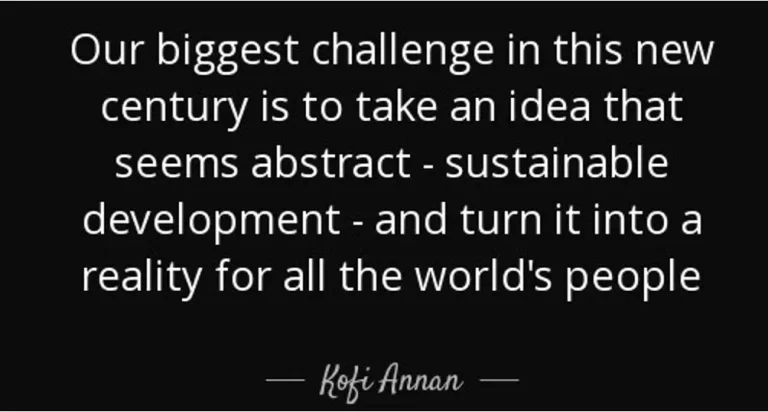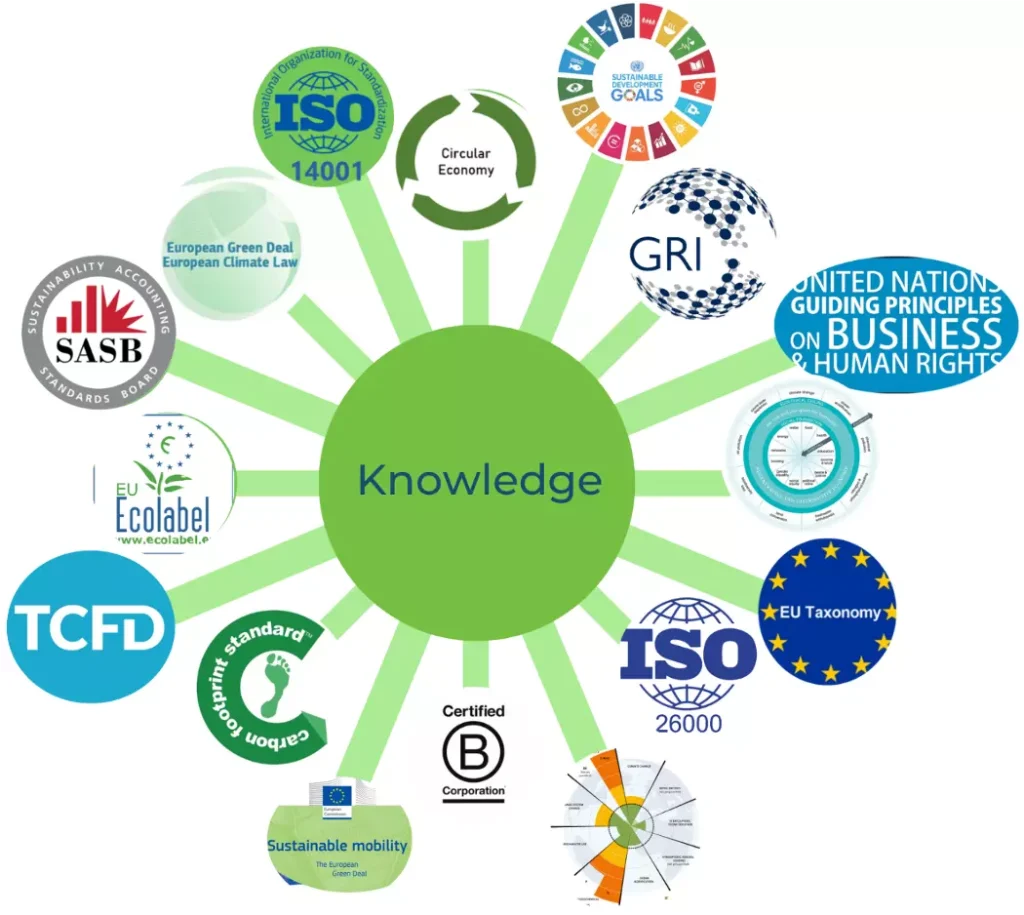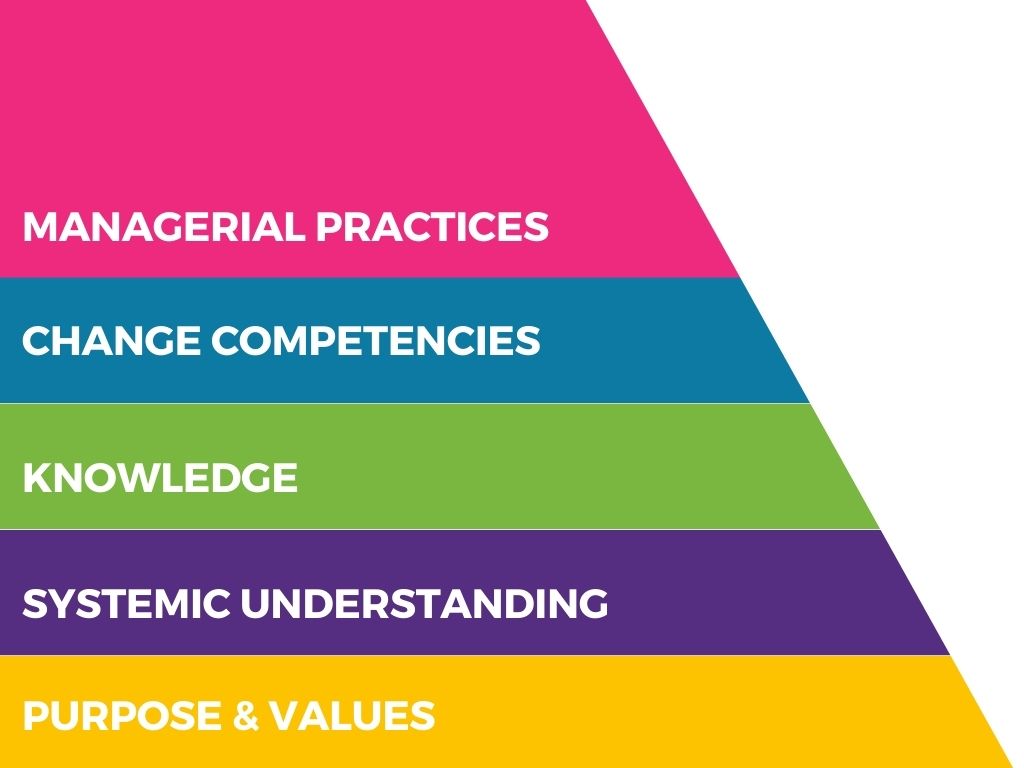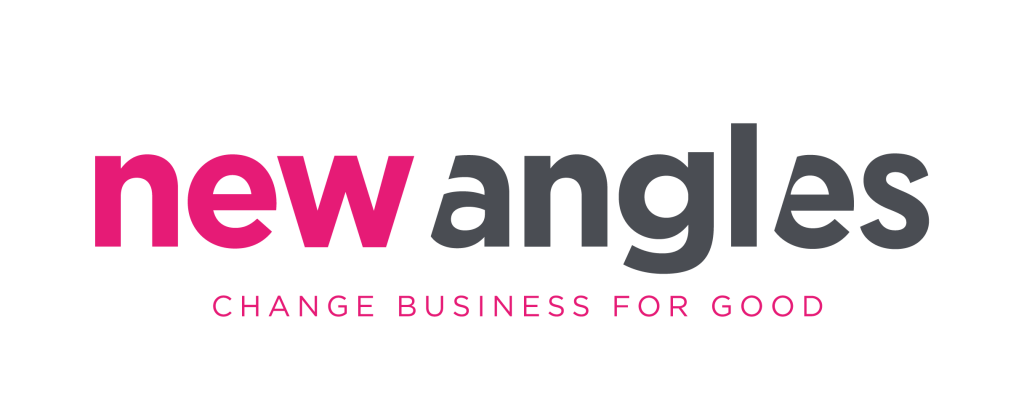
Sustainability Knowledge - having the right tools
Sustainability knowledge and frames of reference
Welcome to the third article in New Angles’ series on Sustainable Leadership: Sustainability Knowledge (the thirds dimension of the Leadership for Sustainability model).
(Scroll down to access the rest of the article in the series!)
Thus far we’ve seen that the type of leadership needed to support sustainability starts with strong personal convictions and the capacity to understand the systems in play around us. But is that enough?
New Angles is convinced that in order to strengthen your convictions as well clearly communicate why change is essential to transforming your business for positive impact, you also need certain sustainability knowledge and tools.

How much of a sustainability expert do you need to be?
Sustainability may still seem “abstract” for you or your colleagues. And you’re not alone: a 2020 study by Rome’s Sapienza University of Sustainability Leadership among European managers showed a major gap for most EU managers regarding knowledge of sustainability dimensions. This result is confirmed by other global research New Angles has conducted among middle managers in large multinationals (executive summary of our research study on the impact of CSR on business).
But how much of an expert do you actually have to be about sustainability topics to be effective?
Be reassured: as a change leader you do not need to be an expert on Sustainability. But there are a few basic pieces of knowledge you do need to have.
Sustainability knowledge and tools - where to start
As science and society advance in their appreciation of global challenges and solutions it is increasingly important for Sustainable Leaders to understand the main sustainability facts, frameworks, and norms – both locally and internationally. The image below focuses on some of the principle ones to know, integrate, and share.
Luckily, there are many excellent resources freely available that explain sustainability concepts in simple and clear terms (see our list of favorites at the end of the article) and that can help you confirm your intuition and share your convictions. The important thing as a sustainable leader is to get the conversation started on these topics and make the connections needed to bring the abstract into the reality of your business and day-to-day.

Examples of frameworks and tools in our client work
To give just two examples of how the above elements can be used (see more here below):
→ Our clients in international companies are finding Planetary Boundaries (Johan Rockström et al), Doughnut Economics (Kate Raworth) and the UN Sustainable Development Goals to be powerful frameworks to determine what to aim for and where action is needed. As well as to share that it’s not just about climate change…
→ An example for practical use of Sustainability Knowledge is the EU Taxonomy which helps financial institutions and investors distinguish sustainable economic activities from unsustainable ones.
And certainly, in your sector or part of the business there are other pieces of relevant knowledge.
What frameworks have you already heard of or explored? How do they make sense to you? Have they changed things in a concrete way for you? Could they do the same for your business? How could they help conversations get going?
Books, videos and reports
Johann Rockström on Planetary Boundaries for instance at WEF 2014 https://www.youtube.com/watch?v=ua8PEG0AlsI
Kate Raworth on Doughnut Economics at TED.com 2018 https://www.ted.com/talks/kate_raworth_a_healthy_economy_should_be_designed_to_thrive_not_grow?language=en
Paul Hawken, The Ecology of Commerce.
It was Ray Anderson’s reading of that book over a weekend which started the Interface sustainability journey in mid 1990´s, which in turn was the first inspirational company case that launched New Angles, alongside the film An Inconvenient Truth, by Al Gore, and the book The World is Flat, by Thomas Friedman, about globalization.Paul Hawken (editor), Drawdown
Solutions on how to reverse global warming. Published 2017.Meadows, Meadows and Randers, Limits to Growth
30-year update of the report originally published in 1972John Elkington, The Triple Bottom Line (people, planet, profit)
originally presented in 1994
Institutions
Global Footprint Network, directed by Matthias Wackernagel, at https://www.footprintnetwork.org
SDG COMPASS and SDG Knowledge Hub websites for exploring the UN sustainable development goals
https://sdgcompass.org/ and https://sdg.iisd.org/WBCSD World Business Council for Social Development, social capital and natural capital protocols https://www.wbcsd.org/
World Resources Institute website for historical global and national eco-consumption trends https://www.wri.org/
The 5 dimensions of the Sustainable Leadership Model

Learn more about each of these 5 dimensions that compose the sustainable leadership model*:
Knowledge
* New Angles has been co-piloting a new approach to developing sustainable business leaders, in the framework of the Sustainable Leaders EU Project. The project is led by CEC European Managers and co-funded by the European Commission. CEC European Managers is one of the six EU social partners and represents around one million managers from 16 European countries. We tested this new approach with pilot groups in three EU countries in 2021-2022.

Going further to develop sustainable leaders within your organisation
Developing Impact Leaders using our Leadership for Sustainability model is part of the New Angles’ mission. We help develop executives and managers in your company that are ready to lead change for positive impact. Learn more about our programs that help you leverage value creation and positive impact within your company. We are happy to discuss your needs and sustainability goals during a free 30-minute call. Click below to reserve a slot!
Impact Base-Camp: developing impact leaders and creating a collective
Impact Academy: training ExCo’s and managers for impact
Impact Change Lab: building a sustainable business model & prototyping solutions







No comment yet, add your voice below!